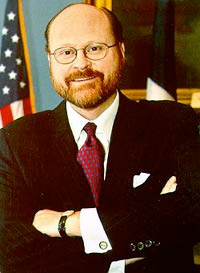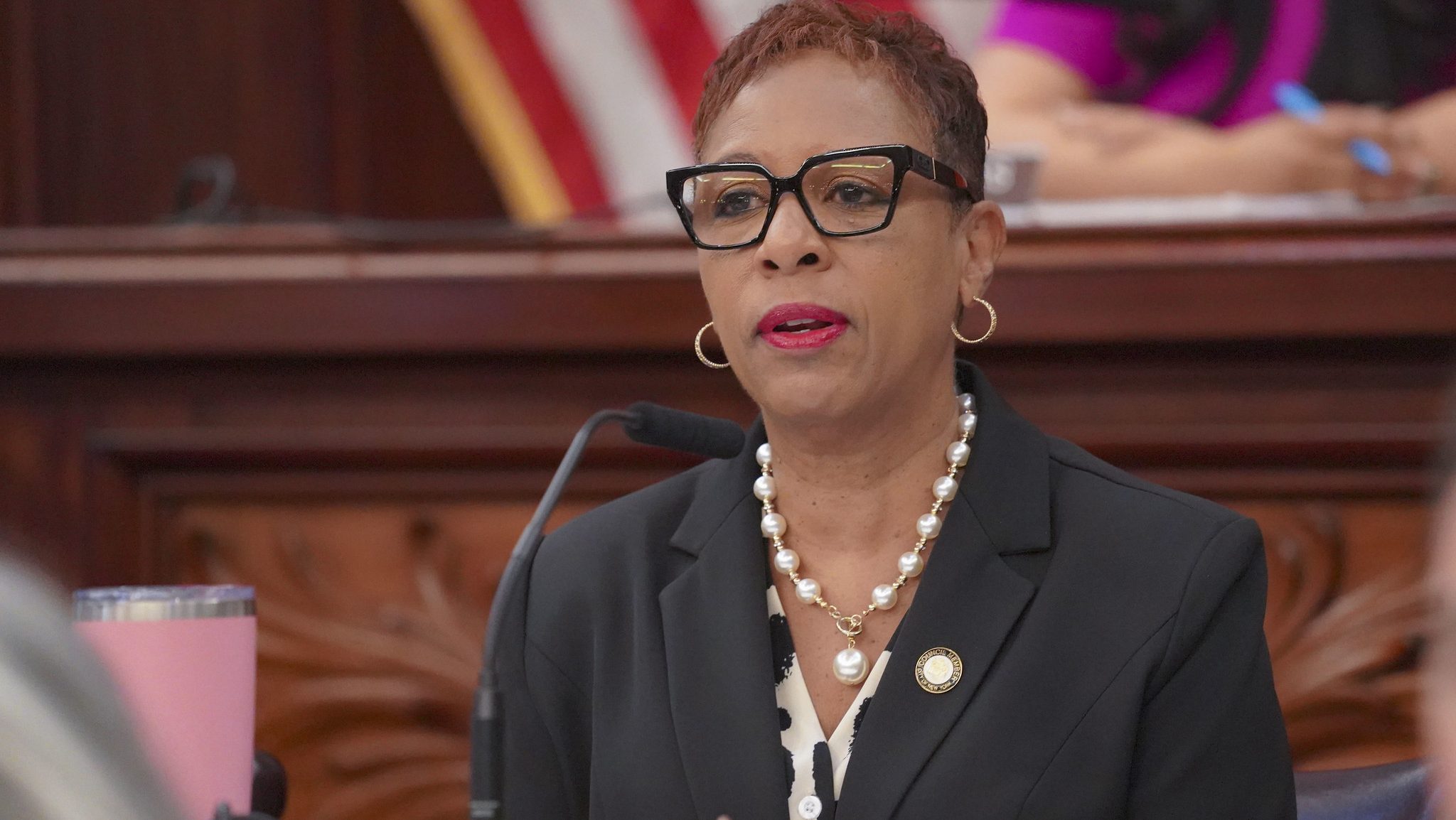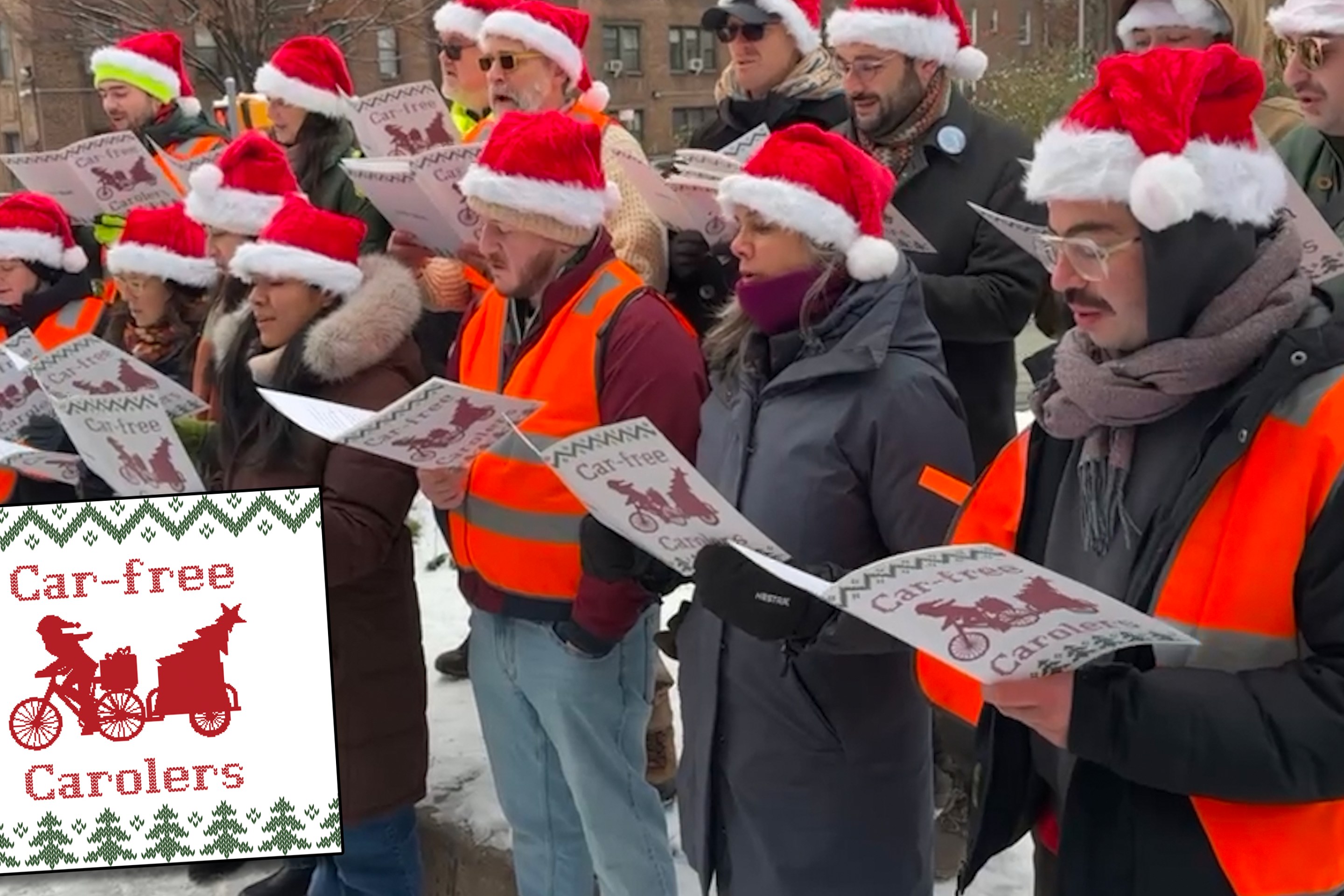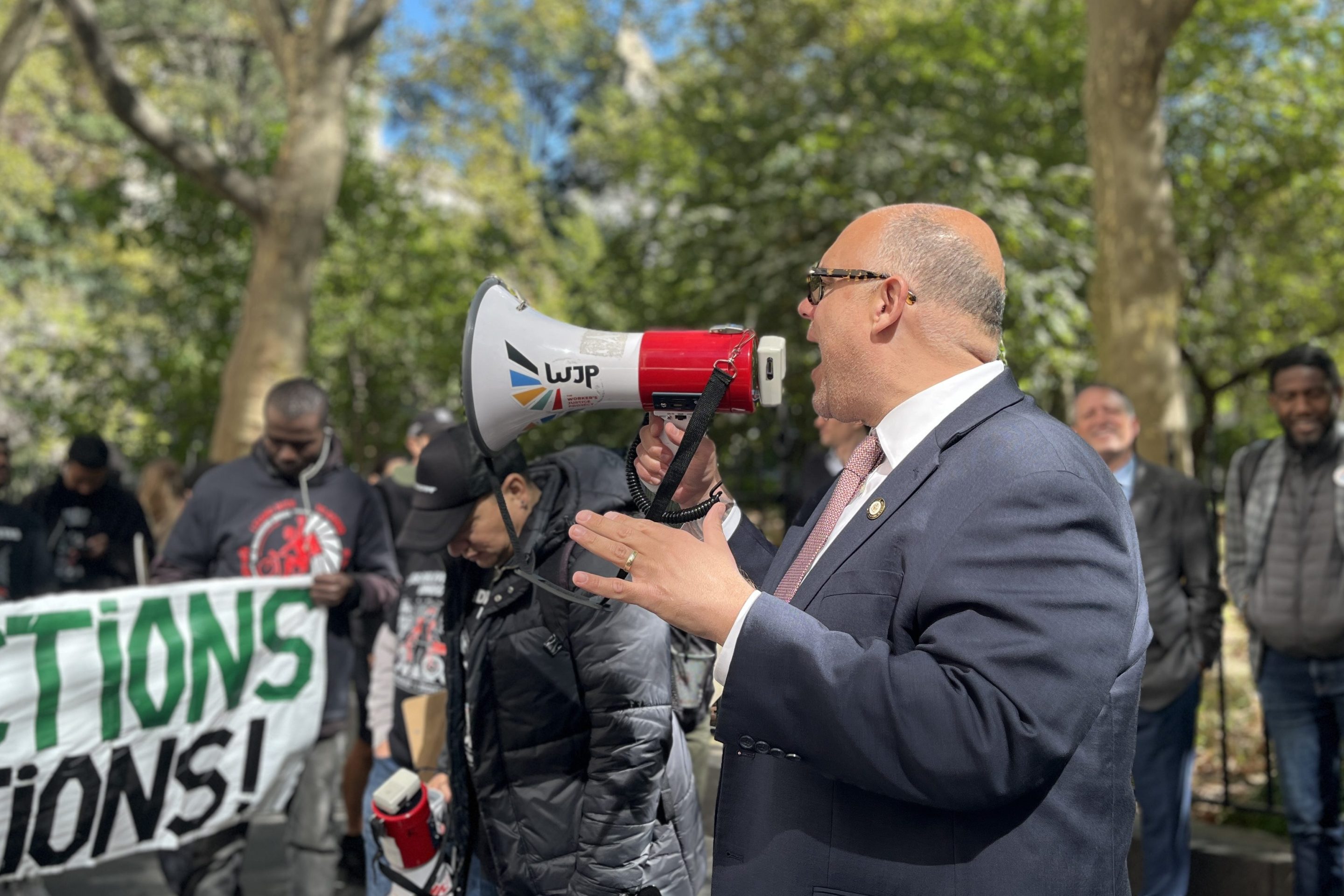Governor Andrew Cuomo today named Joseph Lhota as his pick to run the nation's largest transit system. Lhota, a former deputy mayor and budget director under mayor Rudy Giuliani, will officially hold the position of MTA CEO after a confirmation vote by the New York State Senate, which is not expected to pose much of a hurdle.
The most striking difference between Lhota and outgoing chair Jay Walder is the discrepancy in experience specific to transit. Walder came to the job after a long career as a public transit executive in New York and London, and during his two-year stint he was widely praised for improving aspects of the rider experience while grappling with a budget crisis and repeated Albany raids that led to sweeping service cuts. Lhota brings no prior experience as a transit executive to the job.
Cuomo's statement announcing the Lhota appointment steered clear of specifics, sticking to generalities about cutting costs and improving service. David Paterson sounded similar notes when he nominated Walder in 2009, citing the need to improve "efficiency and transparency." Within days of that announcement, however, Walder was telling reporters about his ambitions for improving the New York City bus system.
Cuomo made two other transportation appointments this afternoon. Nuria Fernandez, an executive at engineering firm CH2M Hill, will take over as chief operating officer at the MTA. Fernandez replaces Charles Monheim, a widely-respected member of Walder's team who came over from Transport for London with the former chair in 2009. Cuomo also appointed Karen Rae, a veteran of several state DOTs and currently an official with the Federal Railroad Administration, to the post of deputy secretary of transportation in the governor's office.
In statements, transit advocates lauded Lhota's managerial experience and cited his forthrightness as a cause for optimism. Eddie Bautista, executive director of the NYC Environmental Justice Alliance, said that under Giuliani, Lhota stood out as "thoughtful and a straight-shooter" during the clashes between environmental justice groups and the administration.
With the MTA poised to take on billions in new debt to finance its five-year capital program, Cuomo and Lhota have their work cut out for them just to keep fares affordable and prevent the system from deteriorating. As summarized by the Tri-State Transportation Campaign, the challenges they face include:
- Ensuring dedicated taxes for transit, such as the payroll tax, remain intact and are not diverted to non-transit uses;
- Ensuring federal support for transit projects is not reduced;
- Fully executing the remaining three years (2012-2014) of the MTA’s construction and rebuilding program;
- The maintenance, and expansion, of service levels for the system’s subways, buses, and rails; and
- Keeping fares affordable despite growing agency debt.






